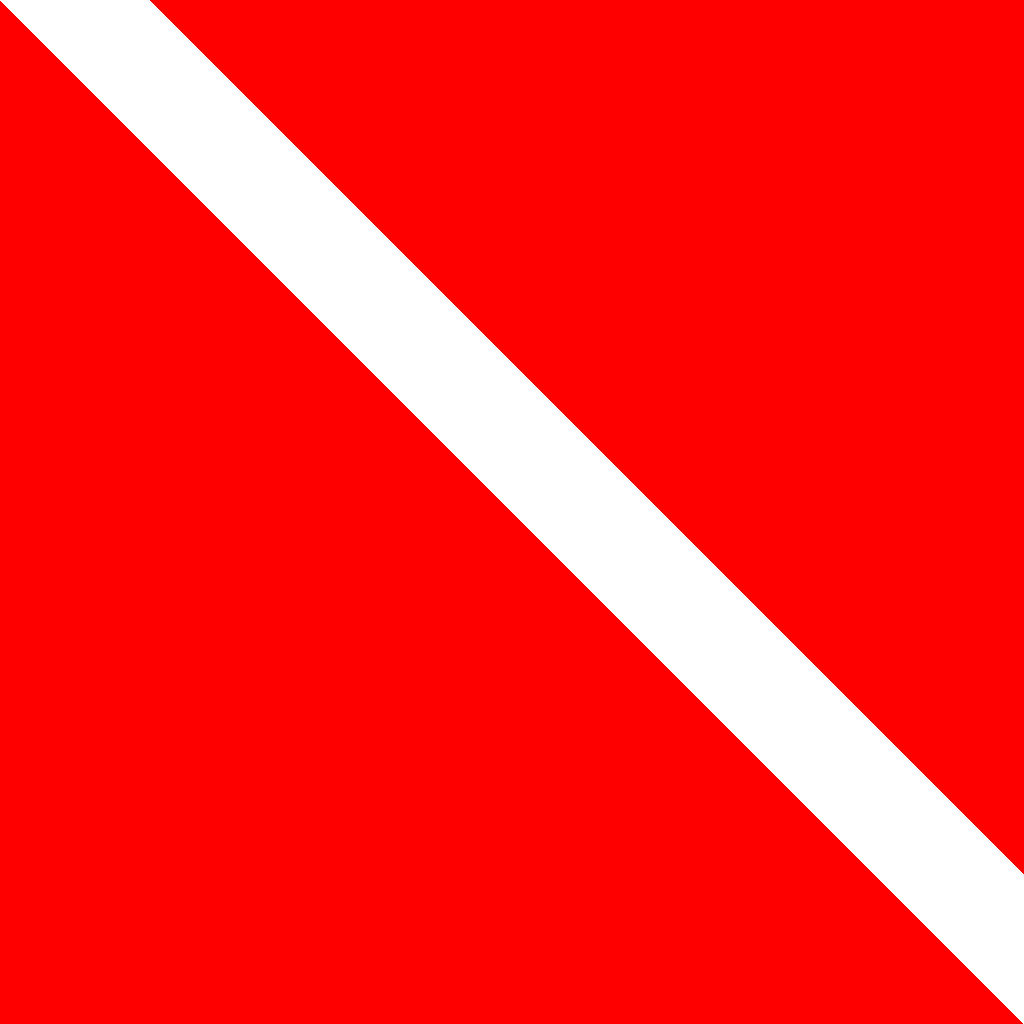Upwelling
Definition
Upwelling is the oceanographic process where deep, cold, nutrient-rich water rises to the surface, often enriching marine life.
More on Upwelling
Upwelling zones are areas of increased biological activity due to the influx of nutrients that support plankton growth, which in turn attracts fish and larger predators. These areas are often prime dive sites for observing dense marine life. Upwellings can also affect temperature and visibility—bringing colder, murkier water to the surface. Divers should be prepared for sudden changes in temperature and current when diving in or near upwelling regions.
Frequently Asked Questions
It increases nutrients, promoting plankton blooms that support entire food chains—from small fish to sharks.
Yes, they’re often rich in marine life, though conditions like cold water and currents may be challenging.
Common along coastlines like California, Peru, and parts of Africa, where wind and geography support it.
Yes, it brings colder water upward, sometimes causing noticeable thermoclines or temperature shifts.
Wind-driven surface water is displaced, allowing deeper water to rise and replace it.
